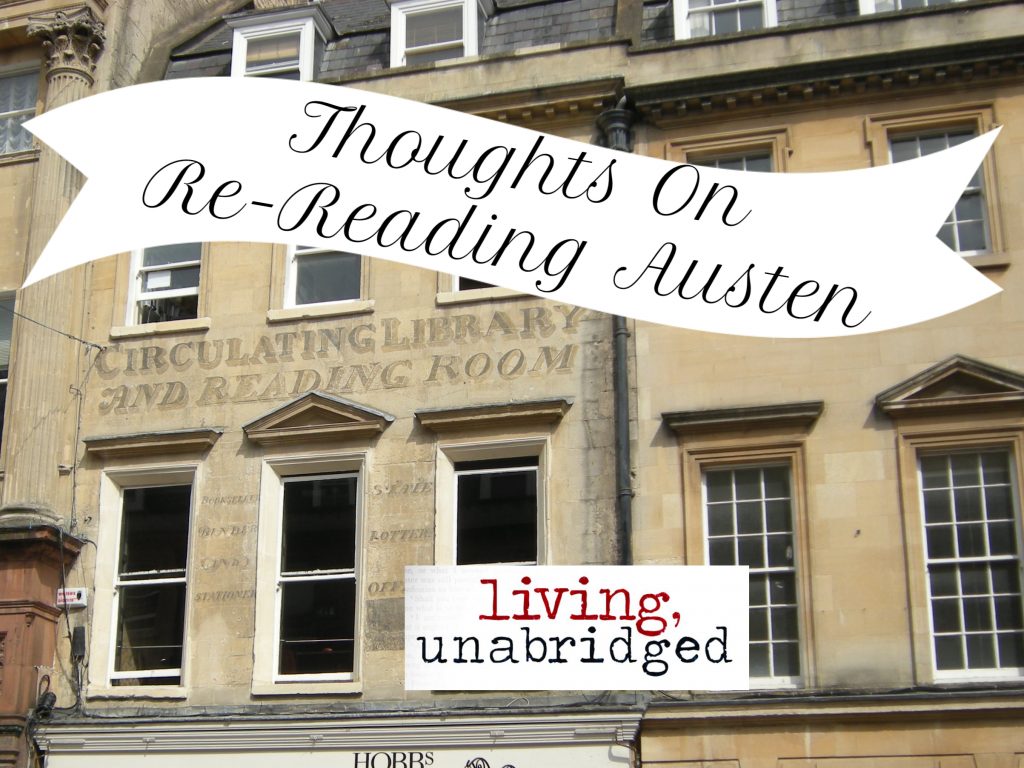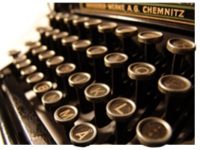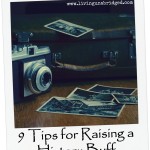It started innocently: one daughter finished an Austen novel so we could watch the adaptations of it and discuss the nuances. ("Book before Movie" is a family policy.)
Then I decided it had been a long time and it was probably time for me to re-read all the published Austen novels myself.
And then I didn't do anything else for about a week.
(That should be a joke or exaggeration but, for good or ill, it's mostly true.)
I couldn't stop reading them. I underlined. My commonplace book was in constant use.

I read them in publication order which is as follows:
4. Emma
6. Persuasion
Only the first four were published in Austen's short lifetime. Her brother Henry oversaw publication of the final two after her death.
There are other books and writings for the true Austen-ite. Letters. Her "juvenilia". Several unfinished novel fragments (Lady Susan, Sandition, The Watsons.)
I didn't read any of those this time around. (Although my large "Complete Austen" includes Lady Susan. Similar to this edition.)
On completing this read through, I think I now suggest the following reading order:
1. Northanger Abbey.
2. Sense and Sensibility
3. Pride and Prejudice
4. Mansfield Park
5. Emma
6. Persusasion
Reasoning for this reading order:
Northanger is obviously an earlier effort.
This means it's not quite as polished as the later work. It's very self-aware. (If it were a tv show, it would constantly be breaking "the fourth wall.")
Which is not to say that it's not a great read. It's laugh out loud funny. It pokes gentle fun at the thrilling novels Jane Austen must have enjoyed as a somewhat guilty pleasure.
Sense and Sensibility is much more of a sober read.
But again, the early quality is evident. The plotting isn't quite as tight as some of the other books. The gentlemen in particular are not as well drawn. Edward is a limp dishrag of a suitor. (Don't @ me. Even Emma Thompson had to punch his character up with Hugh Grant's natural charm to make it work.)
Pride and Prejudice is, of course, a high achievement.
The satire can be biting but it's also just genuinely fun with characters that are enjoyable to read about (even when you don't particularly like them, per se. See: Collins, Mr.).
Mansfield Park is like Jane's penance for writing such a frothy, humorous concoction as P&P.
There is NO froth here (although there is still some humor). And for people who think our Immortal Jane never dealt with messy topics, they must not have read MP yet. (I'd argue that each of her novels actually does deal with some tragedies and human downfalls, but that Austen chooses not to revel in the gore.) I found myself appreciating this one more this time.
Fanny is still not my favorite, but I admire Austen's talent all the more in writing a book with such a subdued lead. (And no, there's not an adaptation yet that stays faithful to Fanny's character. Filmmakers don't seem to be interested in a slightly sickly, highly moral heroine.) The thing that leaves me a bit cold to this one is the ending. But perhaps I'll deal with that in a separate post...
Emma is, dear reader, my favorite Austen.
This is Jane Austen at the height of her power as an authoress. It's funny but not over the top. It's observant but not dull. The characters are each finely drawn. The hero is worthy of the name and less problematic even than Mr. Darcy himself. I find it delightful from start to finish.
On reading through this time I found myself wondering if the character that Jane Austen most identified with was dear talkative Miss Hetty Bates. Similarities: they were both daughters of clergymen who grew up, if not wealthy, comfortably. And thereafter sank into genteel poverty. They remained unmarried, but highly interested and involved in the lives of their nieces (plural for Miss Austen, singular for Miss Bates).
Another autobiographical note in Emma is that Jane Austen knew what it was to have a sibling adopted by family and change his name. (Her brother Edward was the heir of some wealthier relatives.) Edward provided for his mother and sisters in a way similar to what you might expect Frank Churchill to do for Jane Fairfax's poor aunt and grandmother.
Persuasion is so gorgeously done and rich.
Reading it and realizing that Jane Austen would not live to see it published is bittersweet. Characters: crafted to perfection. Plot: well crafted.
It's not quite as sparkling as Emma, but in the end, I don't think it was meant to be. It's a grown-up love story. And it's highly moral without drifting into Fanny Price territory.
Do you have a favorite Austen book? What reading order would you suggest?
You can also find great prices on classic books at Dover: Classic Literature: fiction, nonfiction, poetry and more.
Cover image is from my trip to Bath, nine years ago.













